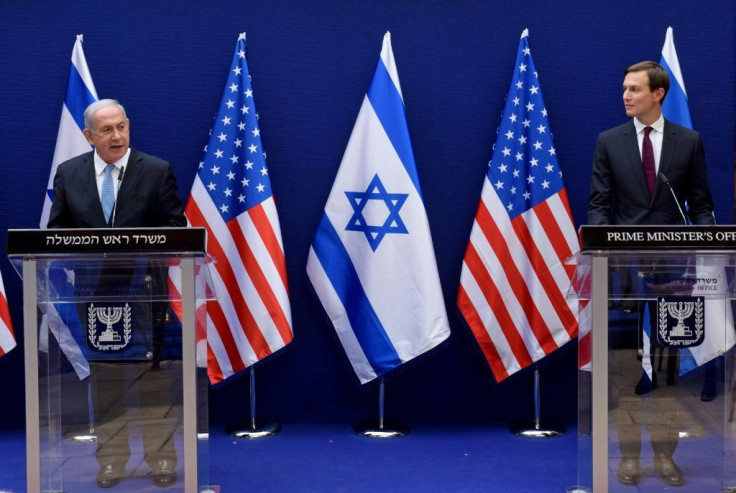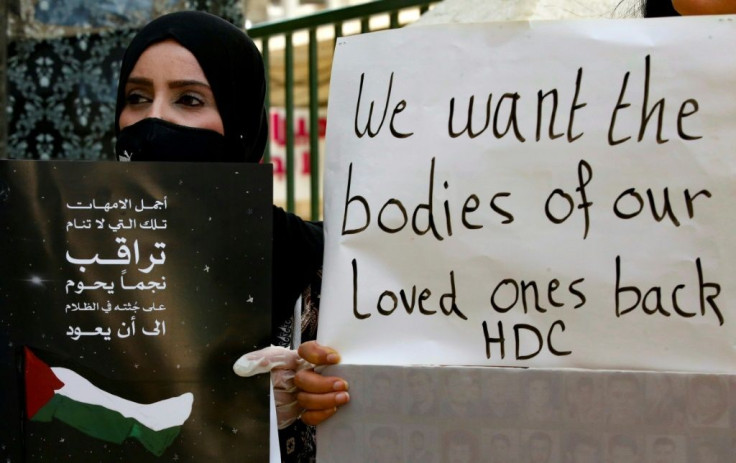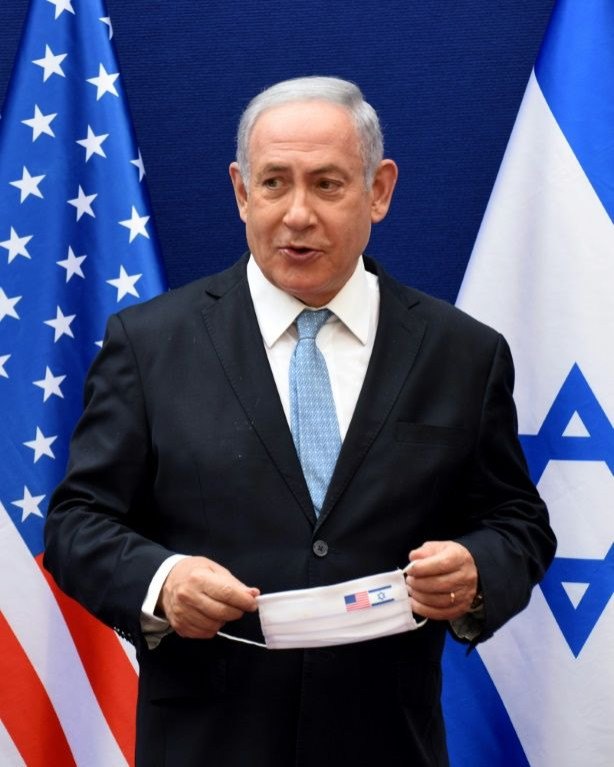Israel Premier Says 'Many More' Secret Talks With Arab Leaders

Israel is in secret talks with several Arab states on establishing ties, premier Benjamin Netanyahu said Sunday, ahead of the Jewish state's first commercial flight to the UAE following a normalisation accord.
"There are many more unpublicised meetings with Arab and Muslim leaders to normalise relations with the state of Israel," the prime minister said, without naming any countries.
A US-brokered agreement between the Jewish state and Dubai to normalise ties was announced on August 13, making the UAE the first Gulf country and only the third Arab nation to establish relations with Israel, after Egypt and Jordan.
The first-ever commercial flight from Israel to the UAE will on Monday morning carry a US-Israeli delegation led on the American side by White House advisor Jared Kushner, who stood next to Netanyahu during the Israeli premier's remarks on Sunday.
"Today's breakthrough will become tomorrow's norms," Netanyahu said.
"It will pave the way for other countries to normalise their ties with Israel."

Netanyahu's office said last week that National Security Advisor Meir Ben Shabbat will lead the Israeli delegation.
The talks in Abu Dhabi will seek ways to boost cooperation in areas including aviation, tourism, trade, health, energy and security, Netanyahu's office said.
Since the agreement between the UAE and Israel was unveiled, there have been frequent bilateral phone calls between ministers and the signing of commercial contracts.
On Saturday, the Emirates repealed a 1972 law boycotting Israel.

"It will be permissible to enter, exchange or possess Israeli goods and products of all kinds in the UAE and trade in them," read a federal decree issued by UAE President Sheikh Khalifa bin Zayed Al-Nahyan.
US Secretary of State Mike Pompeo last week undertook a regional tour, which took him to Sudan, Bahrain and Oman, in the hope of convincing other countries in the region to follow the Emiratis.
"While this peace agreement was thought to be impossible, the stage is now set for more," Kushner said of the Israel-UAE accord on Sunday.
"What I felt over the last couple of weeks is a new sense of optimism, and we must seize that optimism and we must continue to push to make this region achieve the potential that it really has."
Israeli President Reuven Rivlin, who also met with Kushner on Sunday, called on "other Arab and Muslim states to follow this path of friendship and to establish full and warm relations with the State of Israel -- peace between nations and peoples, peace for peace."
As part of the normalisation agreement announced by US President Donald Trump, Israel agreed to suspend planned annexations in the occupied West Bank, although Netanyahu quickly insisted the plans remained on the table in the long-run.
The Palestinians dubbed the UAE's agreement with Israel a "stab in the back", as it opens the Arab world to the Jewish state while their own conflict remains unresolved.
Saudi Arabia, in keeping with decades of policy by most Arab states, says it will not follow the UAE's example until Israel has signed a peace deal with the Palestinians establishing an independent Palestinian state.
© Copyright AFP {{Year}}. All rights reserved.





















